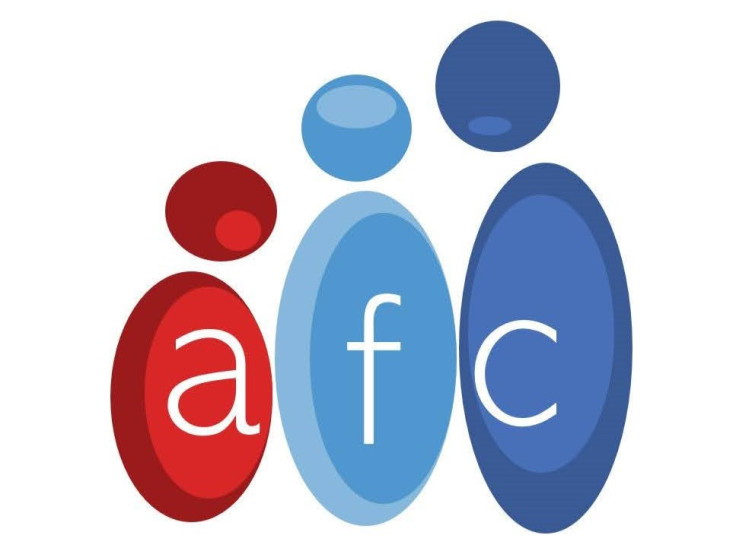Act for Change Seeks Strategic Funding to Scale Trauma-Informed Care Model Across the UK
Act for Change invites strategic partners to help expand its trauma-informed care model nationwide, empowering charities, schools, and communities.

Act for Change, a Southeast London-based charity with 17 years of hands-on experience in trauma-informed relational care, is inviting corporate sponsors and foundations to support the next phase of its transformative work. The organisation, led by founder Lea Misan, is leading a bold initiative to scale the organisation's impact across the UK through strategic funding, training networks, and capacity-building partnerships with other charities.
'For nearly two decades, we have been on the frontlines, working directly with young people affected by trauma, violence, exploitation, school refusal, and self-harm,' said Misan. 'We have developed a systemic model for addressing trauma at its core, not just in the individual, but within the complex systems around them.'

Unlike many programmes that focus solely on the individual, Act for Change takes a broader and more significant approach. 'When we say systemic, we mean it,' said Misan. 'We don't just work with the child; we work with the family, the school, and the wider context in terms of environment.'
The need for this kind of work has only intensified since the COVID-19 pandemic, as local authority services across the UK struggle to manage increasingly complex cases. Act for Change already works alongside schools, social workers, and local NHS mental health services for their frontline expertise, and is already in regulated frameworks. Yet, the organisation notes that scaling its model to meet the national demand will require significant infrastructure.

'Our aim is not to do all the work ourselves,' Misan emphasised. 'We want to equip other charities, schools, and local services with the tools and training they need to create lasting change. But to do that well, we need support not just in delivery, but in the infrastructure that makes delivery sustainable.' Central to this expansion is a soon-to-be-launched AFC Pocket Coach, a guide with visual tools that introduces the methodology to practitioners, parents, community leaders, and even non-clinical professionals to respond and act with confidence.
The charity's core model, known as DATIS (Development, Awareness, Trauma-Informed, Systemic), distinguishes itself from traditional trauma services by providing trauma support into the wider systems. This includes families, schools, youth services, and even workplaces, where the effects of unaddressed trauma often go unnoticed but have long-lasting consequences.
Act for Change is developing a formal certification pathway for professionals who want to adopt the methodology in their own organisations. Those who complete the training will be invited into a growing network of trauma-informed practitioners, enabling consistent and scalable impact across regions.
'We have been building our practice, not from academic theory but from real, frontline work,' Misan explained. 'And now we are ready to share that practice with others, through training, certification, and a network of practitioners who are equipped to carry out the same quality of work.'
Act for Change also plays a vital role in supporting minoritised and culturally diverse communities. One of the organisation's developing areas of work is around parental chastisement, physical discipline often rooted in cultural norms. Misan and her team will offer psychoeducation that is both respectful and transformative, providing parents with culturally relevant alternatives that reduce harm and build stronger relationships.
'Much of the trauma we see could be prevented if the right support existed earlier,' said Misan. 'We are not here to judge, but to offer options that make sense for each family, culture, and context.'
The charity has already earned support from some NHS trusts and local authorities, particularly in Bexley. However, it needs a dedicated funding stream, essential for the next phase of growth. This includes establishing training hubs, supporting partner organisations, and maintaining a robust quality assurance framework for certified practitioners.
As demand for early intervention and systemic care rises, Misan believes Act for Change is uniquely positioned to offer a scalable, evidence-based model that other services can trust.
'We have always been a learning organisation,' she said. 'We push ourselves, we build our evidence base, and we share what we know. You're not just funding another program. You're helping rewire the system.'
© Copyright IBTimes 2025. All rights reserved.





















